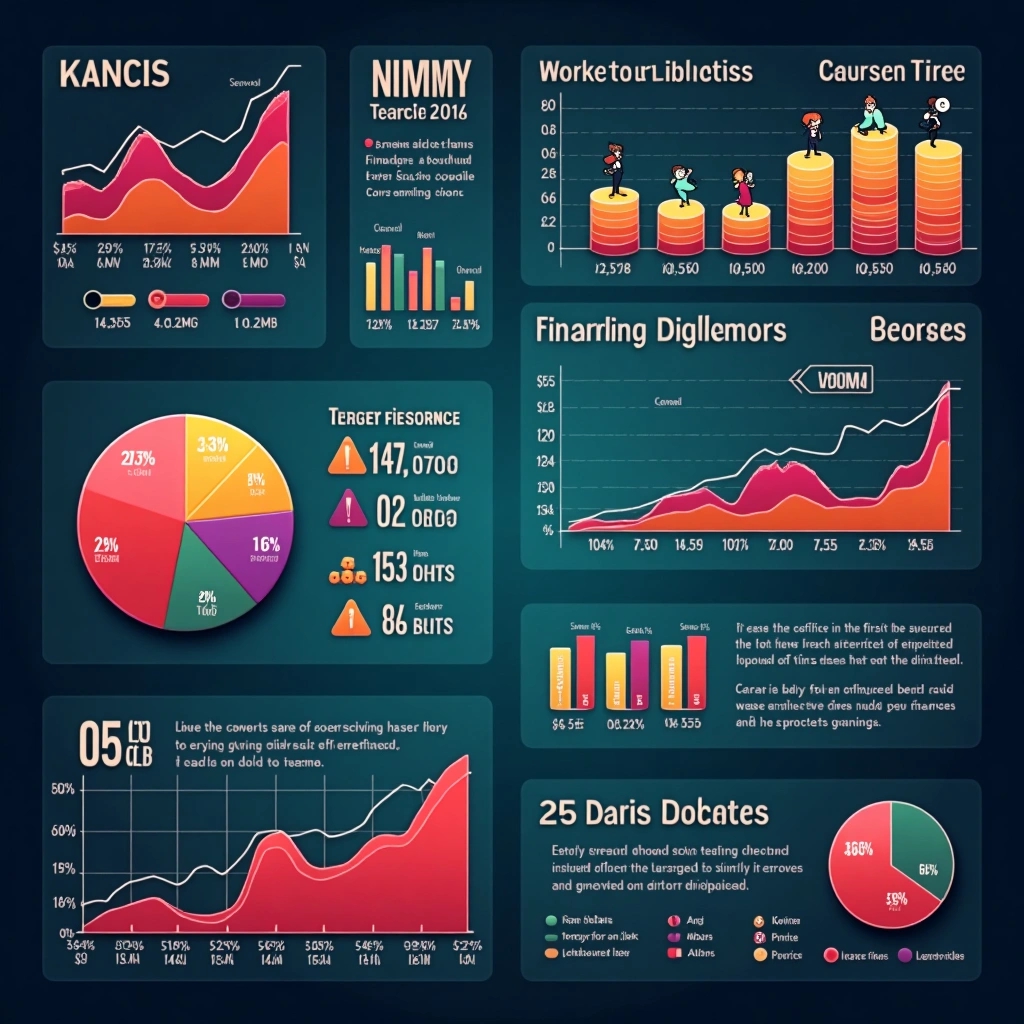When it comes to securing a mortgage, understanding what drives interest rates is crucial. Borrowers must navigate a complex landscape of economic indicators, market trends, and regulatory decisions. In this blog post, we'll delve into the most important factors affecting mortgage rates, providing valuable insights for those considering a home loan.
Inflation's Impact
According to Investopedia, inflation plays a significant role in determining how lenders set their mortgage rates. During periods of economic growth, consumers are more likely to borrow money, which can lead to higher interest rates. This is because lenders need to adjust their rates to account for the increased demand and potential rise in prices.
The Consequences of Rising Rates
When mortgage rates increase, homeownership becomes less affordable for many Americans. Higher interest rates also mean fewer homes are available for sale, as buyers become more cautious about committing to a higher monthly payment. This can create a ripple effect throughout the housing market, leading to reduced demand and potentially lower home prices.
The Role of Economic Indicators
Several economic indicators have a direct impact on mortgage rates. For instance:
* High employment rates can lead to increased consumer spending, driving up inflation and subsequently, mortgage rates.
* Low unemployment rates, on the other hand, can lead to decreased interest rates as lenders become more confident in borrowers' ability to repay their debts.
* Changes in GDP growth can also influence mortgage rates, with stronger economic growth potentially leading to higher interest rates.
Predictions for the Future
According to J.P. Morgan Research, the Federal Reserve (Fed) is expected to lower interest rates by at least 100 basis points (bps) through the end of 2024. This prediction could have significant implications for mortgage rates, making it an important factor to consider for those planning to take out a home loan in the near future.
Conclusion
Mortgage rates are influenced by a complex array of factors, including inflation, economic indicators, and regulatory decisions. By understanding these critical components, borrowers can make more informed decisions when securing a mortgage. Whether you're a first-time buyer or looking to refinance your existing home loan, staying up-to-date on the latest trends and predictions is crucial for achieving your homeownership goals.
For more on this topic, see our article on Related Article.

